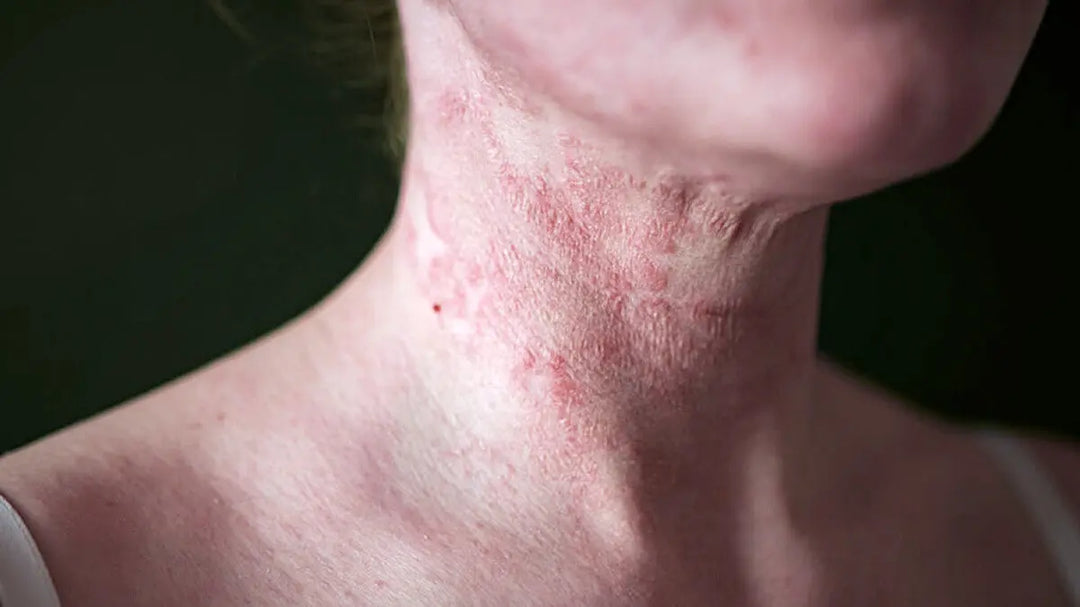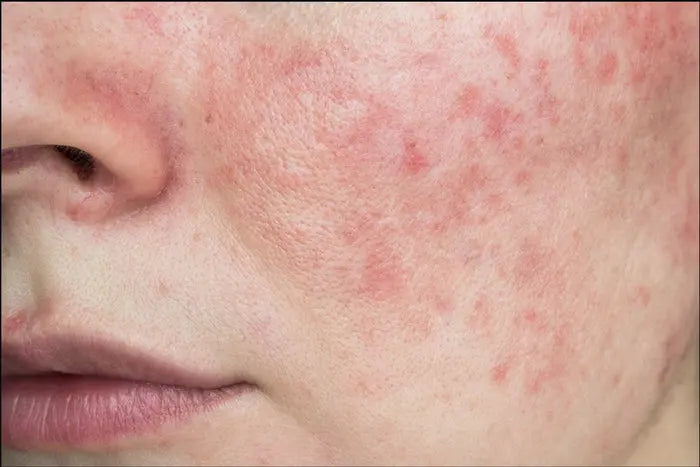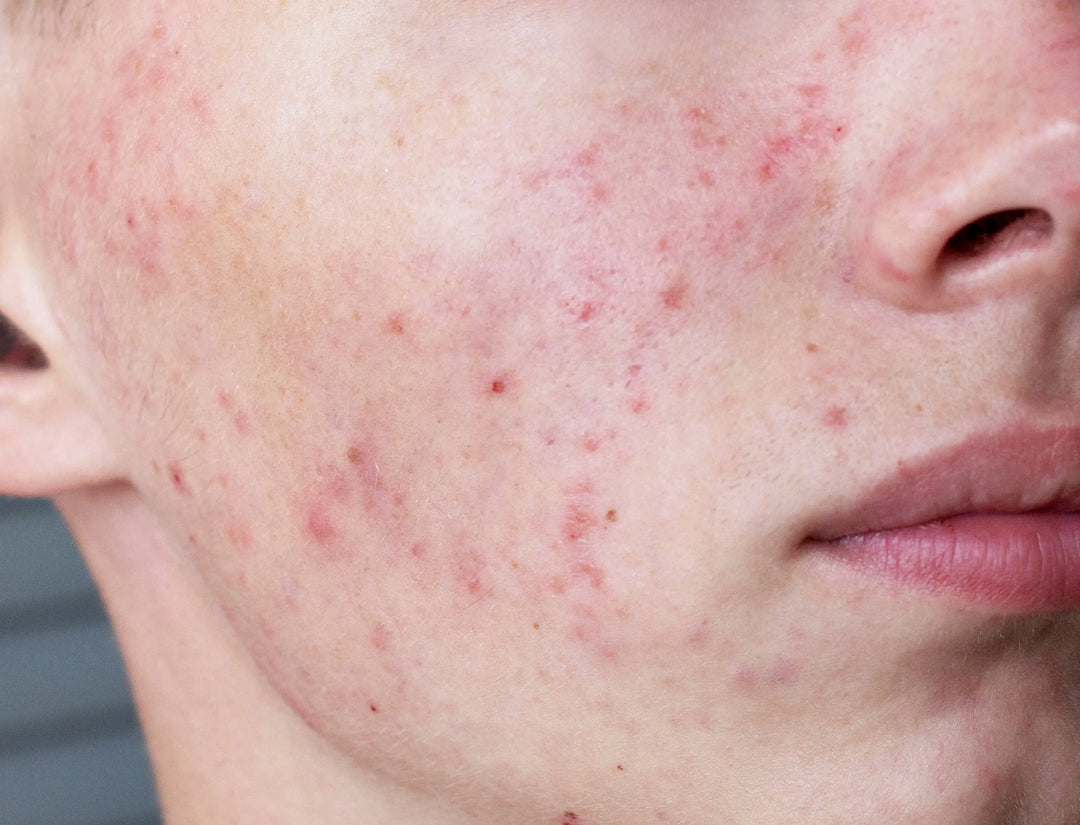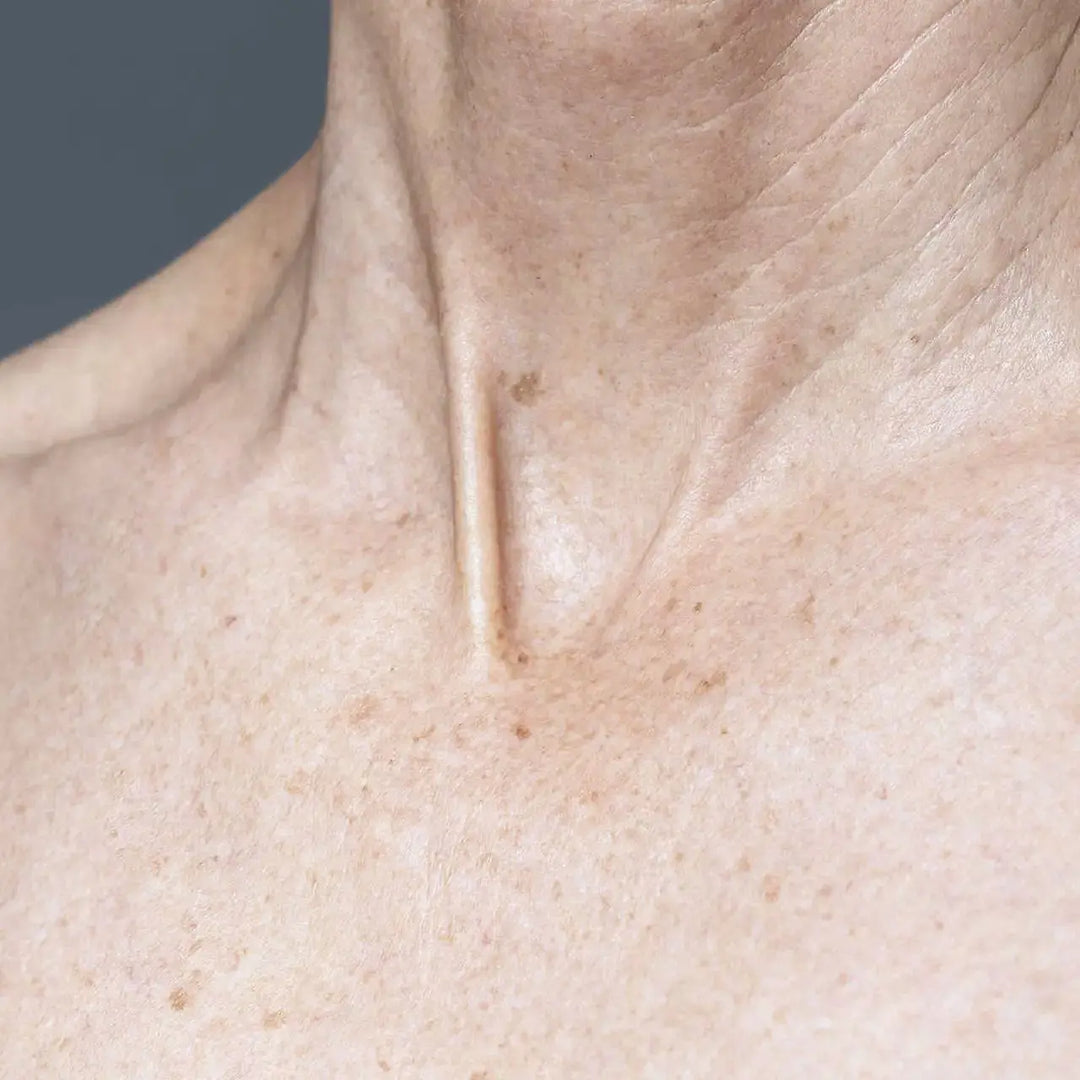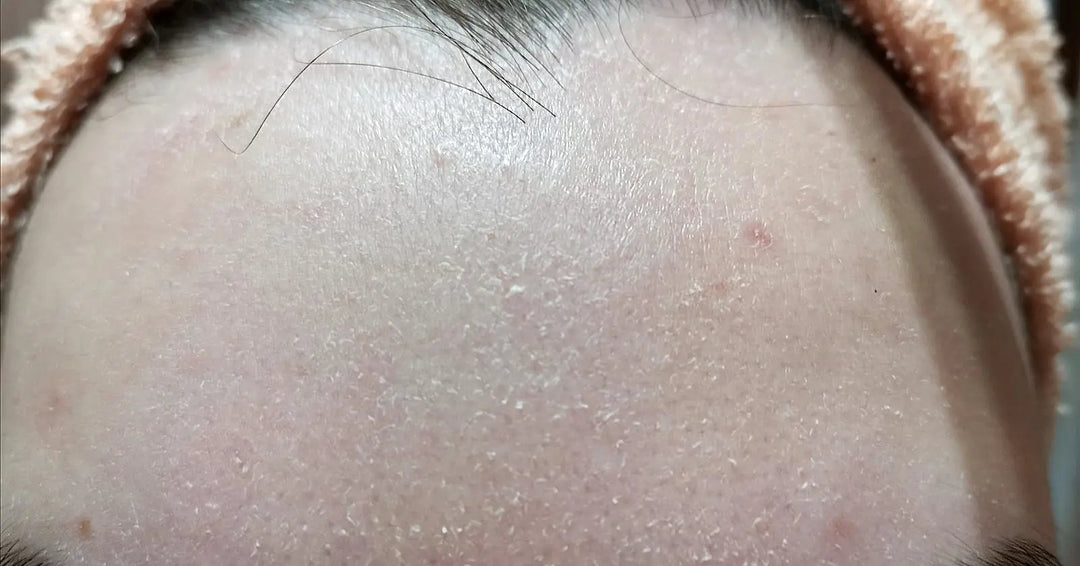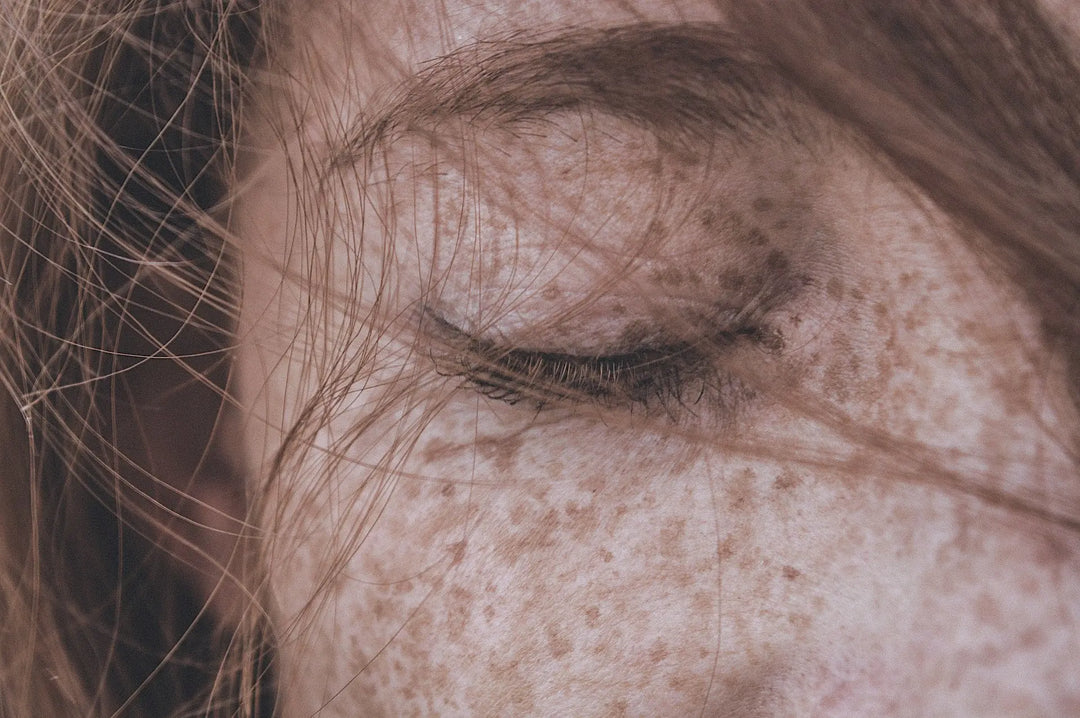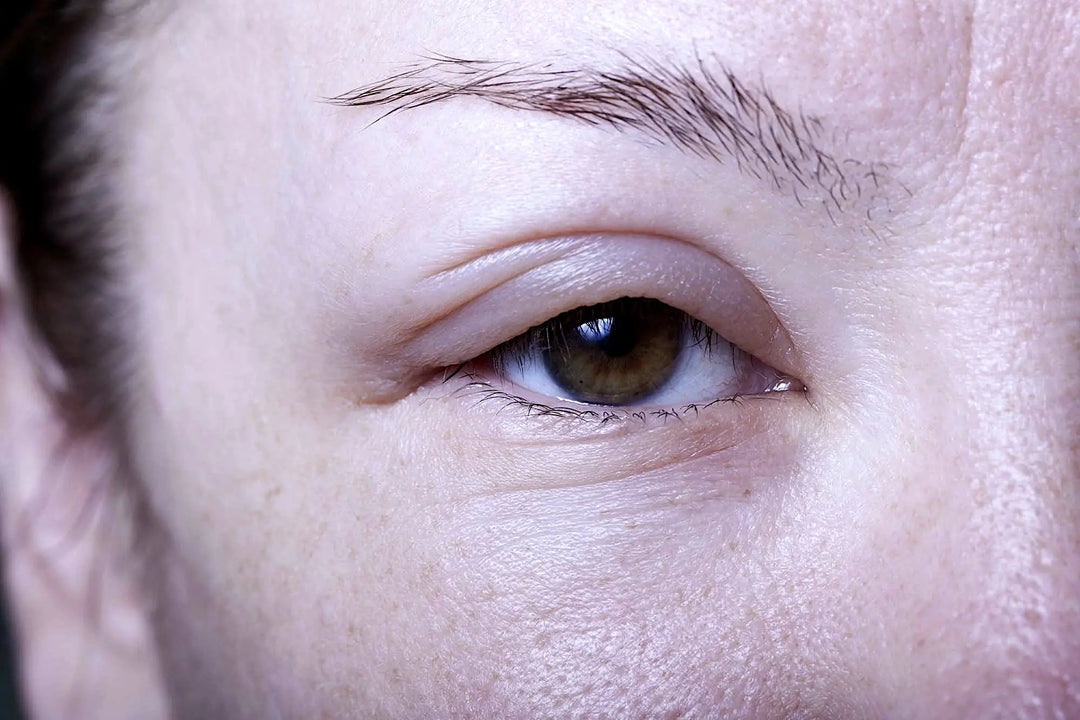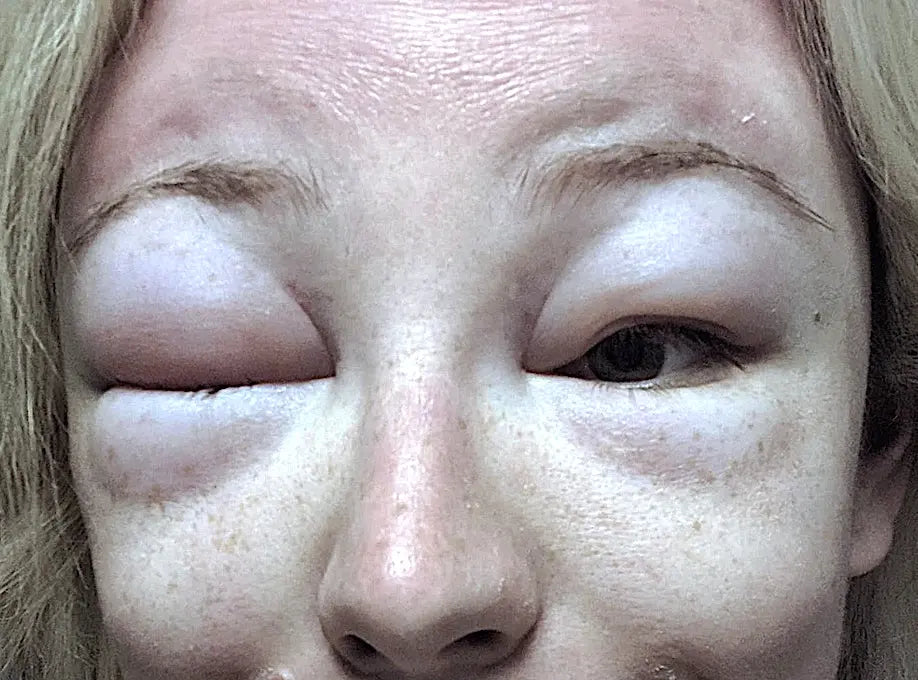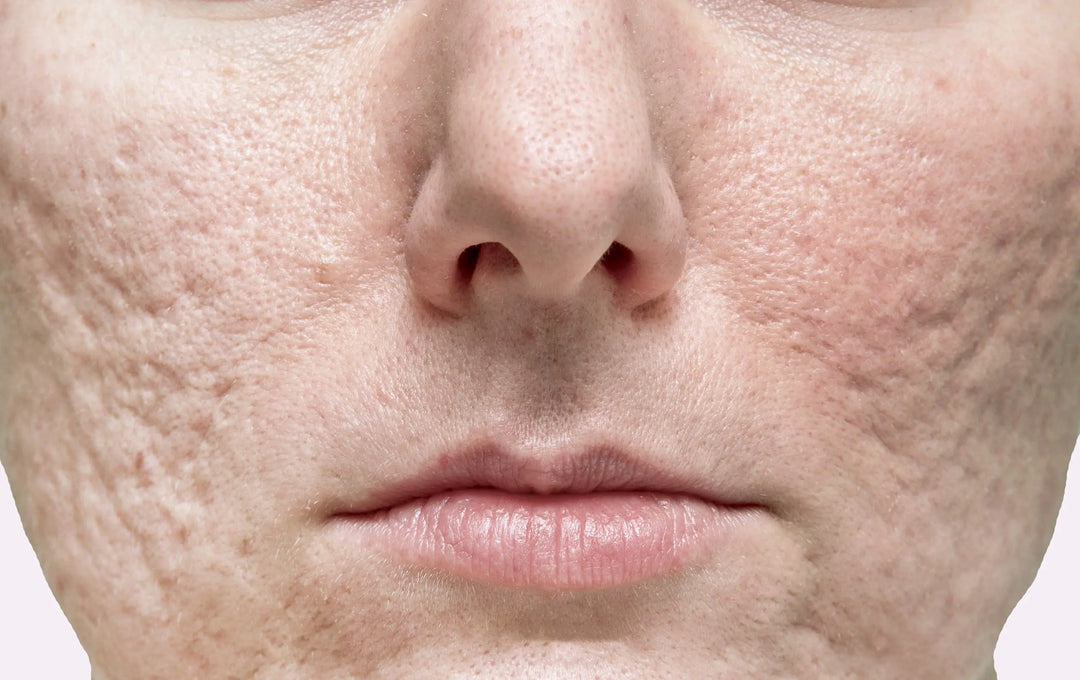5.2 OSPT Skin Care Ingredients: Balance Oil, Sensitivity & Pigmentation
What Are the Best Skincare Ingredients for OSPT Skin?
OSPT skin faces challenges with oil production, sensitivity, and pigmentation, particularly following breakouts. Managing OSPT skin involves ingredients that control oil, soothe sensitivity, and fade pigmentation without disrupting the delicate balance of the skin’s microbiome. Supporting the microbiome is essential, as it helps to maintain balanced oil production, reduce inflammation, and reinforce the skin's resilience.
Key Ingredients for OSPT Skin
Oil and Acne Control
- Salicylic Acid: Penetrates pores to control oil and clear away impurities.
- Niacinamide: Regulates oil production, calms inflammation, and strengthens the skin barrier.
- Retinol: Encourages cell turnover, helping to clear pores and reduce breakouts.
Brightening and Pigmentation Reduction
- Ascorbic Acid (Vitamin C): Antioxidant that brightens and reduces pigmentation left by acne.
- Kojic Acid: Lightens dark spots, ideal for treating post-inflammatory pigmentation.
- Tranexamic Acid: Targets hyperpigmentation, helping to fade dark spots after acne heals.
Microbiome-Supporting Ingredients To help maintain a healthy and resilient skin microbiome, look for prebiotic and probiotic ingredients in your skincare routine. These ingredients support a balanced skin environment by encouraging the growth of beneficial bacteria, which can help prevent inflammation and acne without stripping or irritating the skin.
- Prebiotics: Ingredients like inulin or alpha-glucan oligosaccharide that feed the skin’s beneficial bacteria, helping it stay balanced and resistant to acne-causing pathogens.
- Probiotics: Live cultures or their derivatives that bolster the skin's natural defenses and reduce sensitivity, making the skin more resilient to irritation and breakouts.
Soothing and Anti-Inflammatory Ingredients
- Chamomile Extract: Calms sensitive skin and reduces inflammation.
- Green Tea Extract: Offers antioxidant and anti-inflammatory benefits, ideal for soothing irritated, acne-prone skin.
- Aloe Vera: Hydrates and soothes, providing relief for sensitive skin.
Ingredients to Avoid for OSPT Skin
To protect OSPT skin, especially its microbiome and natural defenses, avoid ingredients that clog pores or heighten sensitivity:
- Isopropyl Myristate and Myristyl Myristate: Heavy emollients that clog pores, leading to breakouts.
- Coconut Oil: Can be too rich for oily skin, contributing to clogged pores.
- Alcohol and Harsh Exfoliants: These disrupt the skin’s natural barrier and microbiome, increasing dryness and sensitivity.
Best Practices and Product Recommendations for OSPT Skin
Cleansing
- Use gentle, non-comedogenic foaming cleansers or salicylic acid-based cleansers to control oil and maintain a balanced microbiome.
Microbiome-Supporting Treatments
- Incorporate prebiotic or probiotic serums to support the microbiome, calm inflammation, and regulate oil. This helps the skin defend itself naturally, minimizing sensitivity and breakouts.
Serums for Brightening and Anti-Acne
- Look for brightening serums with Vitamin C or kojic acid to reduce pigmentation without affecting sensitive skin. Products containing salicylic acid or niacinamide help balance oil and prevent breakouts.
Daily Sun Protection
- Choose an oil-free, broad-spectrum SPF 30+ that doesn’t clog pores and protects against pigmentation.
Cosmetic Procedures for OSPT Skin Recommended: Salicylic acid peels and HydraFacials help control oil and reduce pigmentation. To Avoid: Laser and IPL treatments, as these can aggravate sensitive, pigmented skin.
Conclusion
Focusing on microbiome-friendly products alongside ingredients that control oil, calm sensitivity, and brighten pigmentation can transform OSPT skin. By nurturing the skin’s microbiome, OSPT skin becomes more resilient, reducing the frequency and intensity of breakouts and promoting a balanced, clear complexion. A consistent skincare routine that includes these targeted ingredients will help you achieve a calm, even-toned appearance without irritation.




